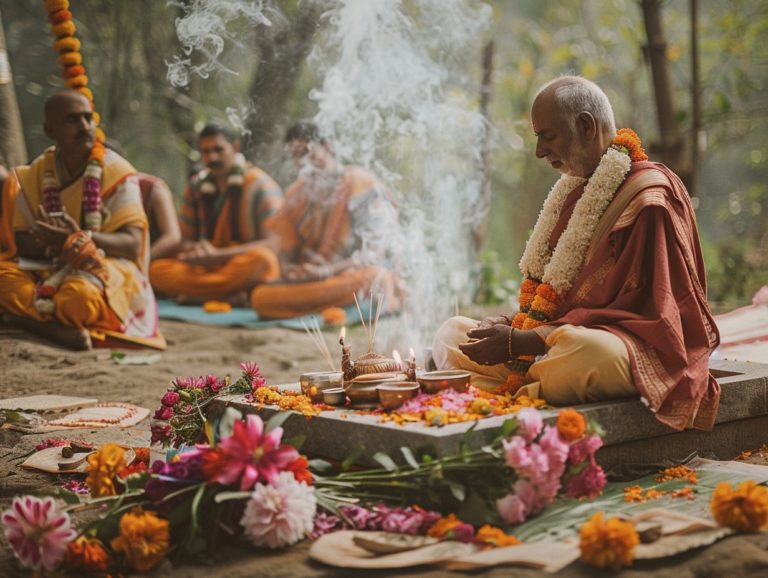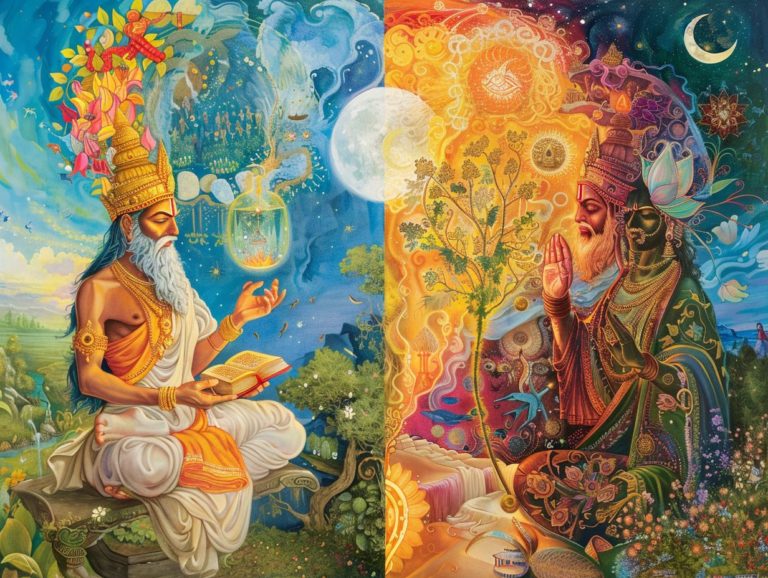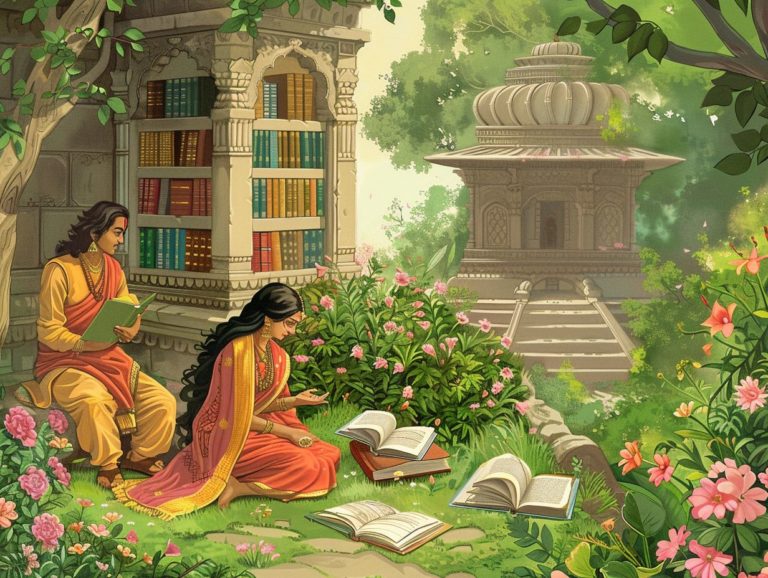The Importance of Vedic Rituals in Mimamsa
Mimamsa, a foundational philosophy within Hinduism, underscores the importance of Vedic rituals as vital to comprehending and engaging with the Vedas. This exploration delves into the intricacies of Mimamsa, examining the various types of Vedic rituals, their purposes, and the spiritual benefits they bestow. The discussion will illuminate how these rituals cultivate harmony in daily…










